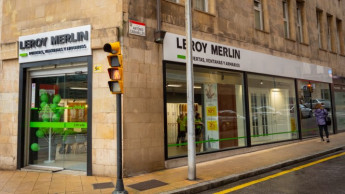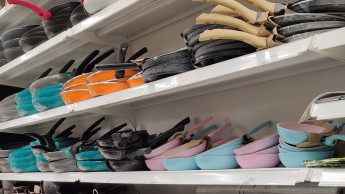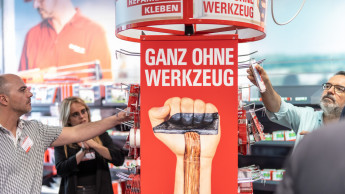Barely a year after penetrating Turkey and Spain, Malaysian home improvement heavyweight Mr. DIY looks determined to replicate its Asian success across Europe. The company, which forayed into the continent via Turkey in November 2021 then ventured into Spain one month later, is now looking to expand into the rest of Eastern Europe, in addition to earlier-revealed plans to enter Greece.
This has been disclosed by Mr. DIY Turkey Chief Operating Officer and board member Dilara Neyişçi Çağlı, who told newspaper Nasil Bir Ekonomi that the Asian retailer plans to enter the markets over the next two years. “Our research has begun,” she is quoted as saying in the article, published in January.
DIY International earlier reported that Leo Gan, then vice president (now senior vice president) for Business Development of the Mr. DIY Group, met with business associates in Greece last September, giving credence to reports that the country would become its eleventh market and the second within the European Union following the establishment of a subsidiary in Athens, called Mr. DIY Greece Monoproposi SA. It is headquartered in the upmarket neighbourhood of Kolonaki.
The company has not divulged other Eastern European locations it plans to venture into as of press time. Prior to its foray into Turkey, Mr. DIY operated exclusively in Asia, covering nine markets, namely: Malaysia, Brunei, Indonesia, Thailand, Cambodia, the Philippines, Singapore, Cambodia, and India, with Brunei being attached to the Malaysian operations, and Cambodia being part of the Thai unit.
While the company has been expanding aggressively in developing markets, even opening up to 100 stores a year in some of these, its growth in Singapore, the only developed market in which it operates in Asia -- but also one of the smallest -- has been relatively slow, with only twelve stores established between 2018 and 2022.
Analysts are sceptical of Mr. DIY’s foray into Europe, saying this comes with attendant risks, since its business model, embodied by its motto, “Always low prices” might not translate well in Europe, where spending power is higher and home improvement as an industry is more mature than in Asia. The company has also been brushed off as a “bazaar” in Europe because of its product categories, which include stationery and sports equipment, and toys, car accessories, jewellery and cosmetics in addition to hardware and household and furnishing and electrical items.
CrossAsean Research founder and analyst…









